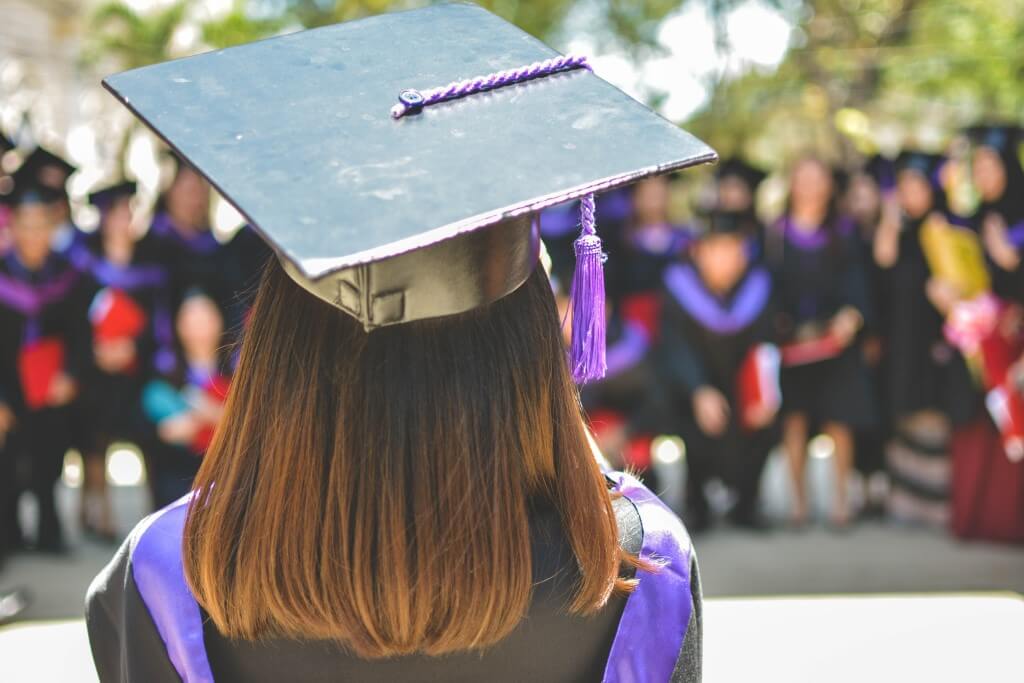According to recent findings, the entry requirements for a Bachelor of Education degree are lower than those for other degrees, and the majority of students have poor performance rates in mathematics during their time in high school. Teachers who were educated throughout the apartheid era have less subject matter expertise than their younger counterparts.
According to the results of the studying Teacher Demographics Policy produced by Stellenbosch University’s Research on Socioeconomic Policy Unit, students who enroll in the Bachelor of Education program have a lower rate of success in matriculation mathematics than students who enroll in other degree programs.
Irene Pampallis, the research associate who conducted the study, stated that the statistics used connected matric achievement and university enrollment for pupils in the matric cohorts that ranged from 2008 to 2015. It was discovered that pupils who registered in B.Ed degree programs had an adapted average score of 41% for Mathematics in matric, whereas students who registered in other degree programs had an adjusted average score of 54%.
According to Pampallis, these statistics are derived from a composite Mathematics threshold that was given to all matriculants. This mark was derived by converting scores for Mathematical Literacy into points that were equivalent to mathematics, which allowed for all matriculants to be evaluated on the same scale.
Pampallis Suggested That a Trend Very Similar to This One Could Be Observed in Other Fields, Albeit to a Lesser Extent
In her words:
Even though B. Ed pupils are drawn from the bottom section of the degree-enrolled allocation at university, they are a component of the top-performing matric candidates because of the fact that they were approved at university: nearly two-thirds of student teachers who took matric Mathematics were among the top 25% of high performers in matric on a national level.
UNISA, North-West University, the University of Zululand, the University of KwaZulu-Natal, and the University of Pretoria are indeed the five universities that graduate the most educators.
“It is clear that teacher candidates, on average, have an academic achievement that is comparable to those of other degree applicants. However, teacher candidates are less inclined to take Mathematics, as contrasted to Mathematical Literacy, and their Mathematics results are significantly lower.
“It is especially concerning to observe that at UNISA, which teaches far more educators compared to any other university, hardly 10% of incoming B.Ed pupils in the years 2014 to 2016 took Mathematics in matric and passed with at least a 50%,” the author writes. When particularly in comparison to the requirements for acceptance to other programs, she discovered that those needed for a Bachelor of Education degree have been “on the lower end of the spectrum.”
One of the few degrees that do not call for a minimum score in math or mathematical literacy is the Bachelor of Education, which can be earned at a number of different universities.
Despite the Fact That Unisa Has Already Begun Revising This Policy
Pampallis said:
Pupils who are not as strong academically may be forced into teaching programs as a result of this because they will not be able to fulfill the entrance requirements for more preferential programs. These findings underscore one plausible answer for the distinction between the marks earned by incoming candidates for the Bachelor of Education degree and the marks earned by candidates for other degrees.
“Advanced Math abilities are crucial for educators, but we’re unlikely to recruit stronger mathematicians into education without enhancing the quality of matric results overall.” The study of mathematics is necessary for all educators who work in the foundation stage as well as those who instruct other grades in mathematical, commercial, or scientific subjects. In addition, all teachers are required to have at least the most fundamental mathematical skills in order to evaluate their students.
Authors of the study Nic Spaull and Peter Courtney discovered that young educators have much more understanding of the subject than experienced teachers, despite the fact that younger teachers had to meet lower entrance requirements.
They Suggested That Having Younger Teachers Replace Older Ones Could Improve Students’ Academic Performance
Despite the fact that there are a lot of different aspects to good teaching, such as training, materials, responsibility, and assistance, at the most fundamental level, an educator can’t teach something that they don’t know themselves. It is abundantly clear that experienced teachers who have been trained and educated during the time of apartheid have a lower level of subject understanding than their younger counterparts who received training at universities after the time of apartheid.
The Pattern is Most Noticeable in the Classroom Setting of Mathematics
“Although this is not due to any fault on their part, there is some significant research from South Africa displaying that learners acquire more when their educators have greater levels of subject knowledge. This suggests that the retirement of experienced staff may result in an increase in academic results in the coming years, provided that all other factors remain unchanged.”




